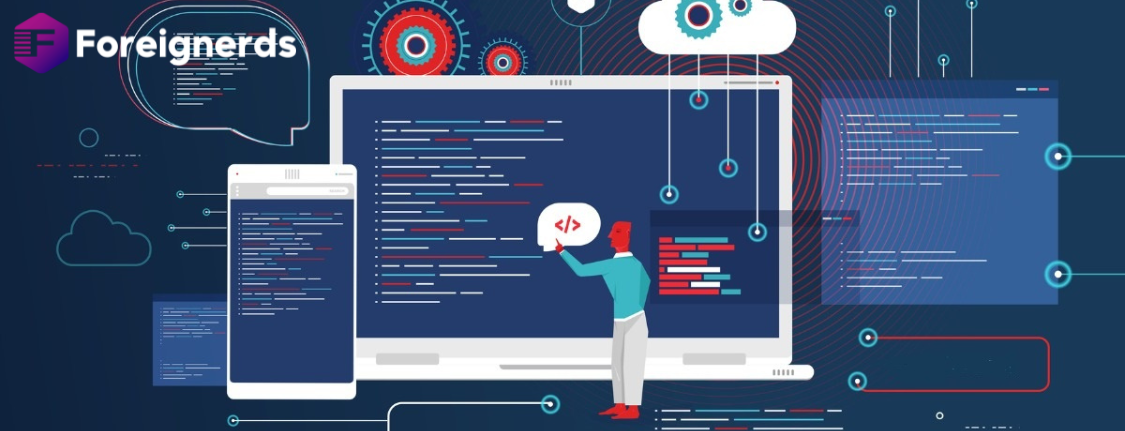The Evolution and Significance of PHP in Web Development
Introduction
PHP, an acronym for “Hypertext PreProcessor,” stands as a pivotal “HTML-embedded programming language” used predominantly in the creation of dynamic web applications. This versatile language seamlessly intertwines with HTML, facilitating the development of dynamic web content elements. As we delve into the world of PHP, it’s essential to understand its origins, syntax influences, compatibility, and its remarkable journey from a personal project to a global phenomenon.
Origins and Syntax
- Influences from C, Java, and Perl PHP’s roots can be traced back to C programming language, incorporating elements from C, Java, and Perl. This amalgamation of influences is evident in PHP’s syntax, which shares resemblances with these renowned programming languages.
- Personal Home Page to PHP Initially conceived by Rasmus Lerdorf in 1994 as a tool to manage his online resume and personal data, PHP earned its initial moniker, “Personal Home Page.” However, it quickly evolved beyond its humble beginnings.
Compatibility and Portability 3. Operating System Agnostic One of PHP’s standout features is its compatibility with various operating systems. Whether it’s Windows, Linux, Mac OS, or others, PHP can seamlessly operate on nearly every OS, enhancing its versatility in web development.
- Web Server Compatibility PHP’s adaptability extends to web servers as well. It is compatible with a wide range of web servers, further cementing its status as a preferred choice for web developers worldwide.
Milestones in PHP’s Evolution 5. From PHP/FI to PHP 7.0 PHP’s journey from its nascent PHP/FI stage in 1995 to the groundbreaking release of PHP 7.0 in 2015 is a testament to its resilience and innovation. Along the way, key developments reshaped PHP’s core and capabilities, making it a dominant force in web development.
PHP/FI and the Birth of PHP
- In 1995, Rasmus Lerdorf released PHP/FI (initially named PHP 2.0), laying the foundation for PHP’s future. It was primarily used to manage personal data but soon transcended those boundaries.
The Transformation to Hypertext PreProcessor (PHP)
- In 1997, programmers Zeev Suraski and Andi Gutmans restructured PHP’s core, officially renaming it Hypertext PreProcessor (PHP). This transformation marked the beginning of PHP’s prominence in the web development landscape.
The Era of PHP 3 and PHP 4
- In 1998, PHP 3 emerged as a widely adopted version of PHP globally. Its success paved the way for PHP 4, released in May 2000. PHP 4 introduced the Zend Engine 1.0, enhancing speed and reliability compared to its predecessor. Notable features included additional references, the Boolean type, COM support on Windows, output buffering, new array functions, expanded object-oriented programming, and the incorporation of the PCRE library.
The Revolutionary PHP 5 and Beyond
- July 2004 marked the release of PHP 5, featuring the updated Zend Engine 2.0. This version ushered in a new era of PHP, with improved performance and a range of new capabilities.
The Exciting Arrival of PHP 7.0
- Ten years after the release of PHP 5, the programming world witnessed a groundbreaking moment with the introduction of PHP 7.0 in 2015. This major release brought significant performance enhancements, making PHP a formidable choice for web developers seeking speed and efficiency in their projects.
In conclusion, PHP’s journey from its inception as a personal project to its evolution into a globally recognized programming language is a testament to its adaptability and enduring relevance in web development. Its compatibility with various operating systems and web servers, coupled with a rich history of innovation, make PHP an essential tool in the arsenal of modern web developers. As we continue to witness advancements in web technologies, PHP’s legacy remains a vital part of the ever-evolving landscape of web development.
